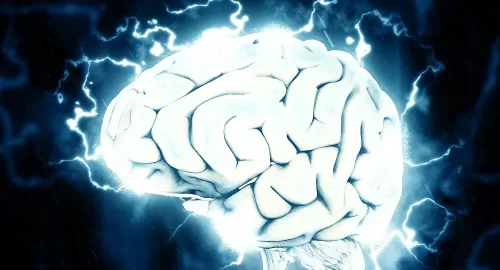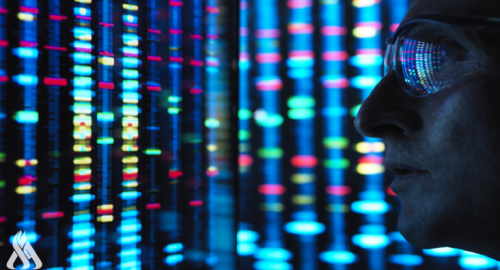
Gene mutation linked to Autism found to overstimulate brain cells

- 14-01-2023, 23:30
INA – SOURCES
A new study led by scientists at Rutgers University has uncovered new insights into the underlying brain mechanisms of autism spectrum disorder (ASD). The study, which spanned seven years, found that a specific gene mutation known to be associated with ASD causes an overstimulation of brain cells that is significantly higher than in brain cells without the mutation.
The research team used cutting-edge techniques, including growing human brain cells from stem cells and transplanting them into mouse brains, to make these discoveries.
The work illustrates the potential of a new approach to studying brain disorders, scientists said.
Describing the study in the journal, Molecular Psychiatry, researchers reported a mutation – R451C in the gene Neurologin-3, known to cause autism in humans – was found to provoke a higher level of communication among a network of transplanted human brain cells in mouse brains. This overexcitation, quantified in experiments by the scientists, manifests itself as a burst of electrical activity more than double the level seen in brain cells without the mutation.
“We were surprised to find an enhancement, not a deficit,” said Zhiping Pang, an associate professor in the Department of Neuroscience and Cell Biology in the Child Health Institute of New Jersey at Rutgers Robert Wood Johnson Medical School and the senior author on the study. “This gain-of-function in those specific cells, revealed by our study, causes an imbalance among the brain’s neuronal network, disrupting the normal information flow.”
PM Al-Sudani arrives in Nineveh
- politics
- 10:17
China Says It 'Firmly Opposes' US Military Aid To Taiwan
- International
- 07:36
First joint picture of Greenland Ice Sheet melting, ESA
- Multimedia
- 09:28
US Central Command: We killed ISIS terrorist leader Abu Yusuf in Syria
- International
- 24/12/20
Liverpool compete with Real Madrid to sign Olympique Lyonnais star
- Security
- 24/12/19
ISC, ADX discuss Strengthening Economic Ties
- Economy
- 24/12/16
Iraq assumes presidency of Arab Investment Company’s Executive Board
- Economy
- 24/12/17












